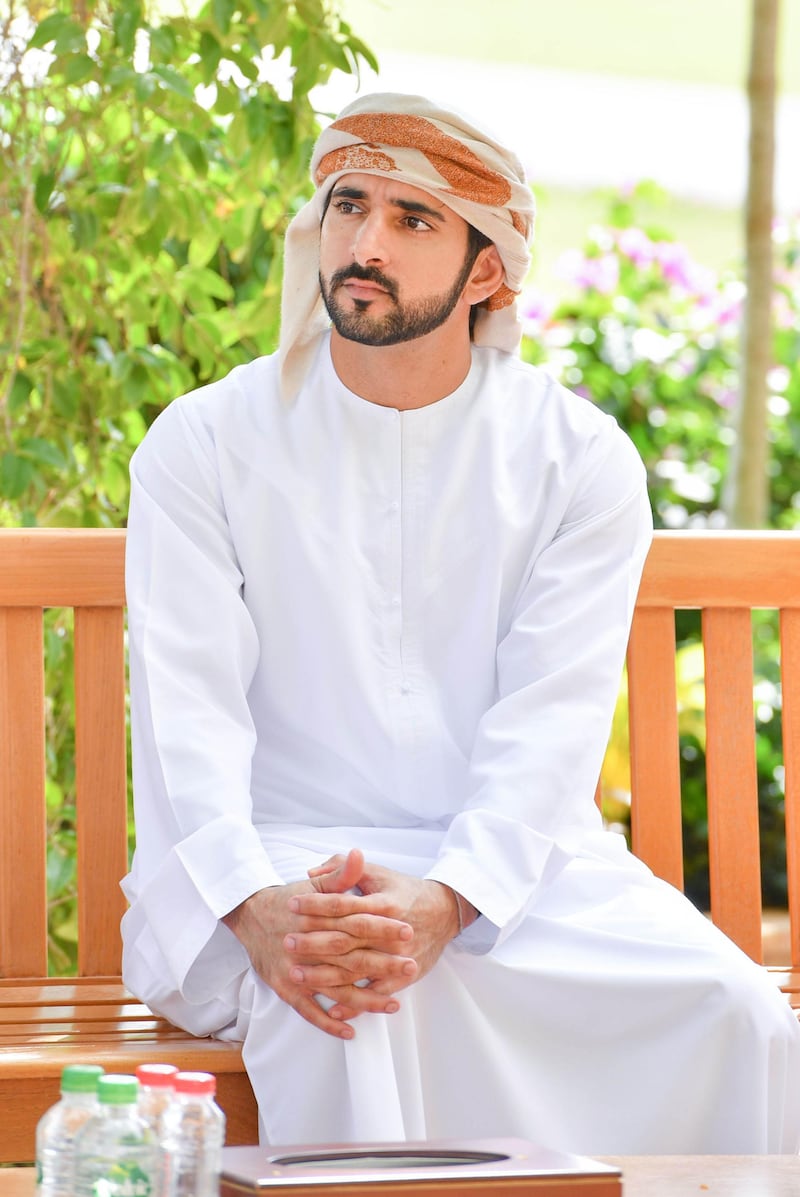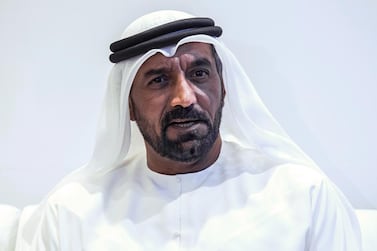A plan to grow Dubai’s role as a strategic global trade link was approved by Sheikh Hamdan bin Mohammed on Saturday.
Dubai Silk Road strategy – so named in after the ancient network of trade routes connecting the East and West - will develop the emirate's logistics sector, which the Crown Prince of Dubai said is key to the economic diversification plans outlined in the 50-Year Charter, announced by Sheikh Mohammed bin Rashid, Vice President and Ruler of Dubai in January.
“Today we approved the Dubai Silk Road strategy as part of the 50-Year Charter to boost air and sea freight and enhance logistical integration," Sheikh Hamdan said on Twitter.
"The strategy aims to further cement Dubai’s status as a strategic link in global trade.”
Our aim is to create a sustainable, diversified and vibrant economy, as envisioned by @HHShkMohd in the 50-Year Charter, and further raise Dubai's profile as a key global trade and logistics hub.
— Hamdan bin Mohammed (@HamdanMohammed) March 2, 2019
The Dubai Silk Road strategy, prepared by the Ports, Customs and Free Zone Corporation, in collaboration with other government entities, takes a two-pronged approach.
Internally, the strategy aims to enhance trade between free zones and the rest of the emirates. And externally, the strategy aims to improve the strategic and operational connection of logistics services between DP World terminals worldwide with Emirates airlines playing a key role, according to a statement from Dubai Media Office.
"Dubai is moving ahead with boosting its capabilities in trade and logistics services through a new strategy," said Sultan Ahmed bin Sulayem, chairman of Ports, Customs and Free Zone Corporation. "The strategy augments decades of successful investment in creating renowned ports, airports, and free zones both regionally and internationally."
According to Mr bin Sulayem, Dubai's non-oil foreign trade reached Dh1.302 trillion in 2017, with free zones contributing 33 per cent of that sum.
Sea trade grew to Dh467 billion and air trade reached Dh594 bn in the same period, he said. The emirate's external non-oil trade in the first nine months of 2018 reached Dh965.3bn.
The new Dubai Silk Road strategy comprises nine initiatives and 33 projects that will involve the collaboration of Emirates airlines, Dubai Airports, Dubai South, Dubai Free Zones (DFZ) Council, Dubai Maritime City Authority , Dubai Roads and Transport Authority, DP World, Dubai Municipality, Jebel Ali Free Zone.







